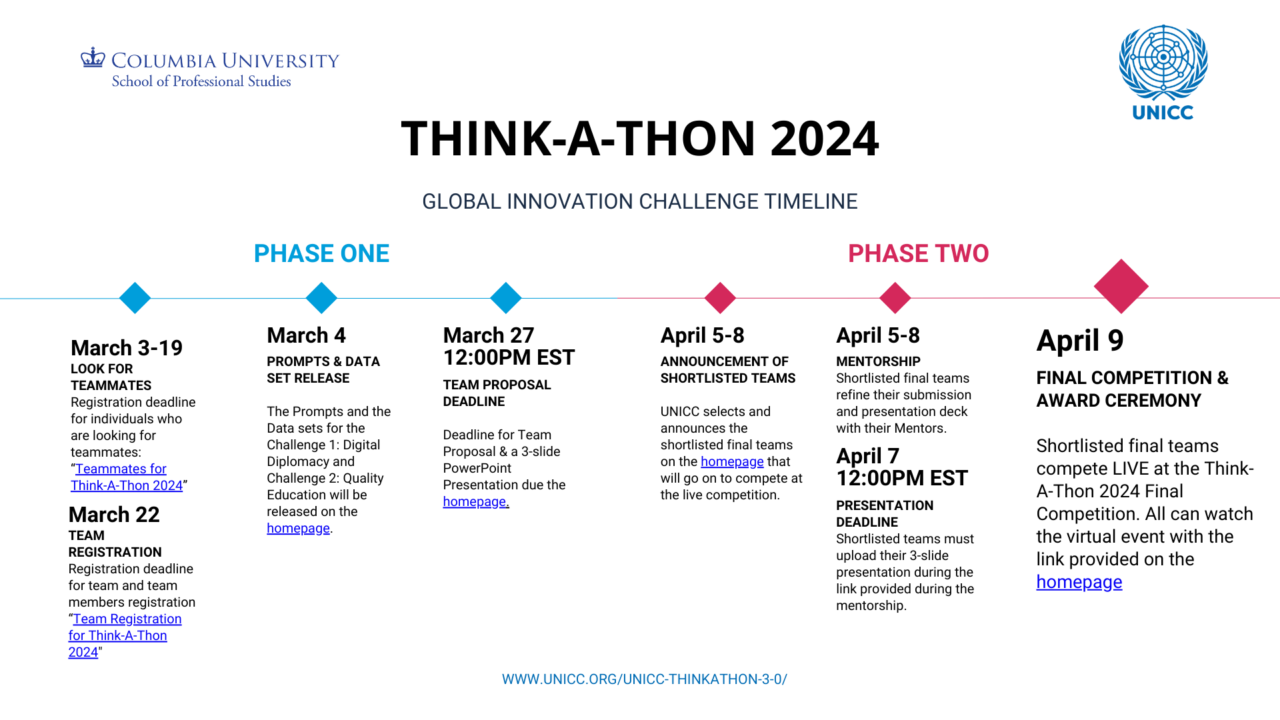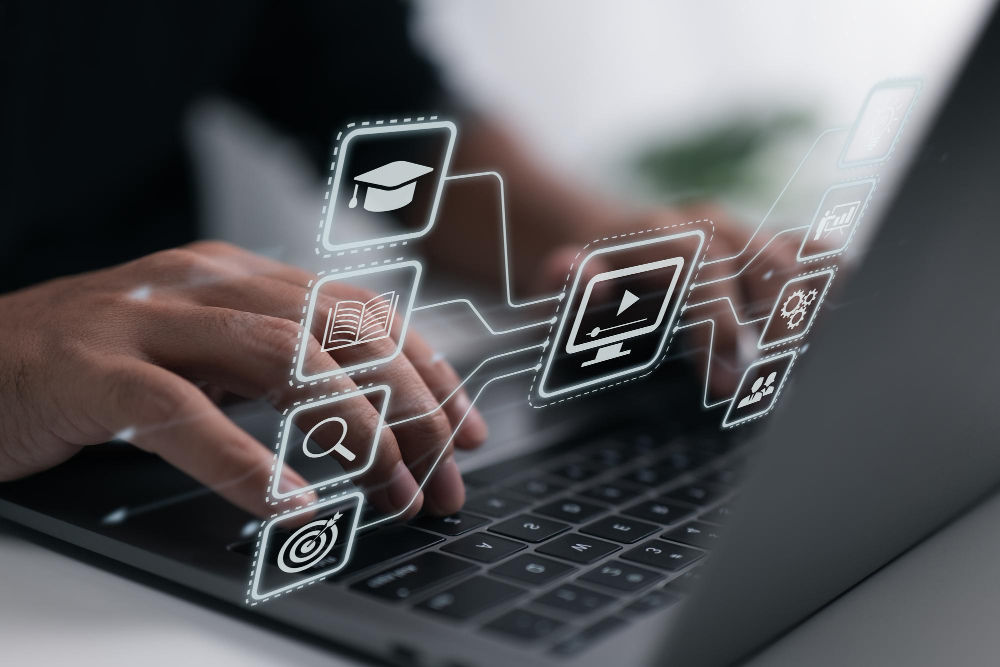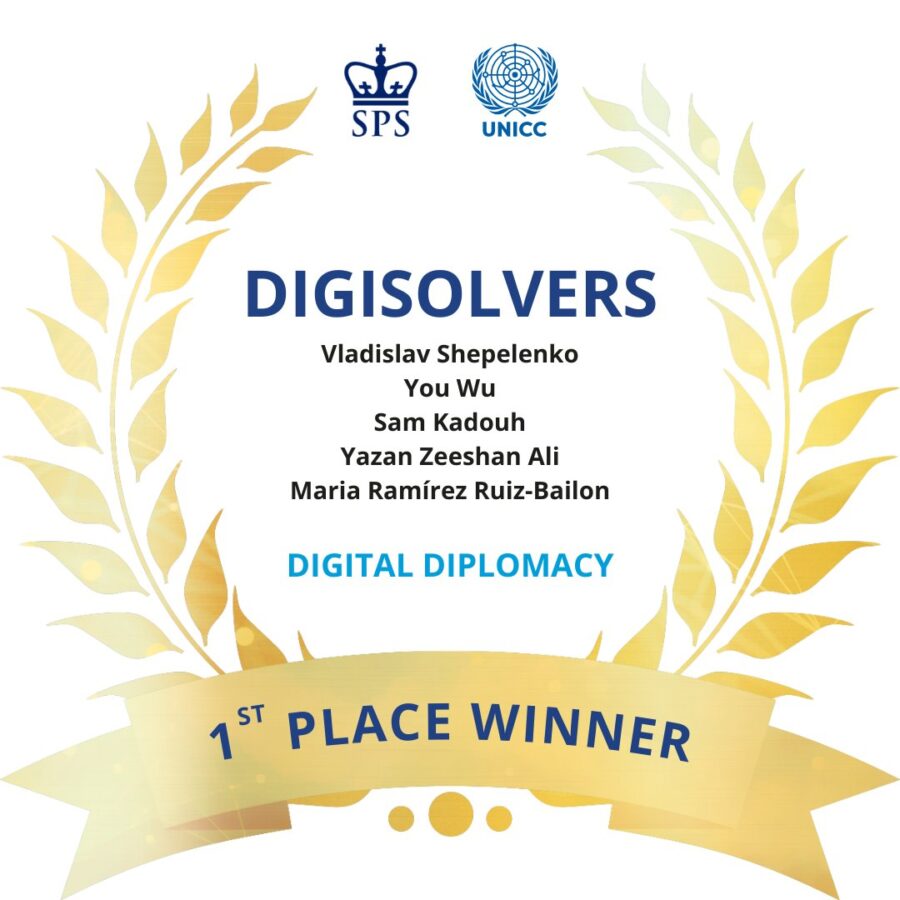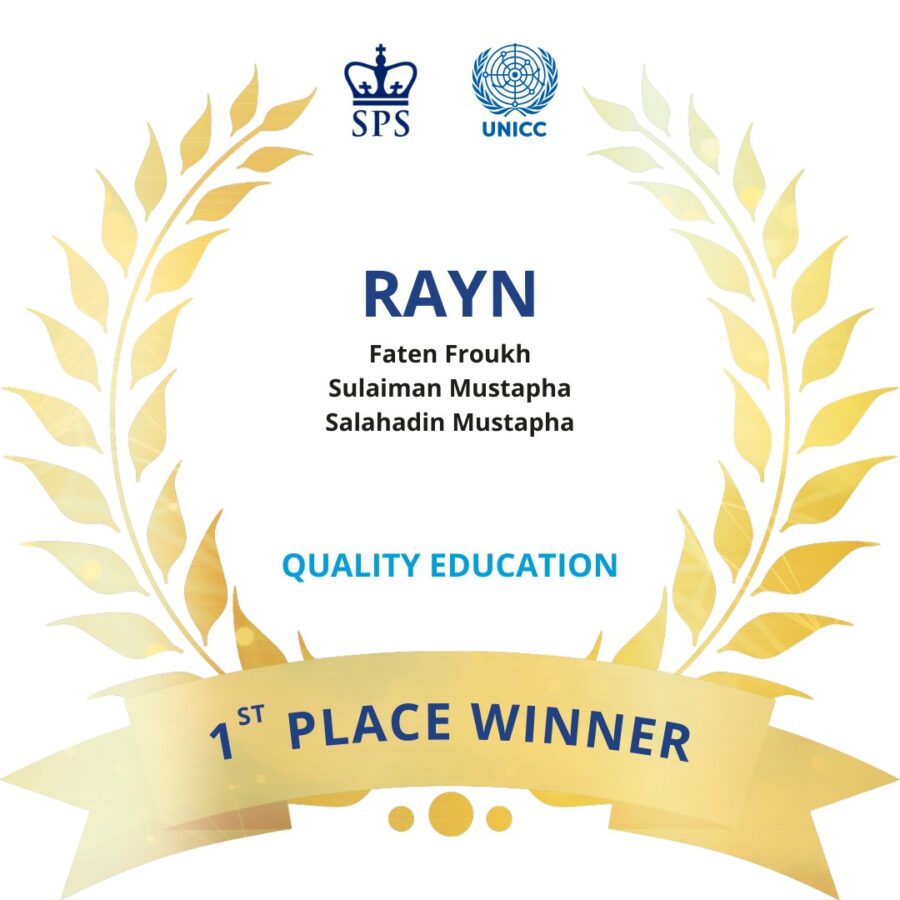
UNICC-Columbia University Thinkathon 2024
UNICC is partnering with the Columbia University School of Professional Studies (SPS) to bring students together for a 3-day live competition from April 5 to April 7, 2024, to tackle the great challenges of our time.
We invite students from all over the world to participate in the UNICC-Columbia University Thinkathon 2024, jointly organized by UNICC and Columbia SPS. The goal is to work together on real-world solutions based on Digital Public Goods (DPGs).
DPGs are essential in unlocking the full potential of digital technologies and data to achieve the Sustainable Development Goals (SDGs). Nowadays many of the most useful digital solutions are not readily accessible, particularly to those who need them the most. In alignment with the UN Secretary General’s Roadmap for Digital Cooperation, UNICC is heeding the call to developing and advocating for DPGs.
Are you an undergraduate or Master’s student who wants to make a difference? Block your calendar and put your creative hat on to help solve global challenges using Digital Public Goods in the UNICC-Columbia University Thinkathon 2024!

Challenges
Challenge 1
Context
As social and economic life becomes increasingly digitalized, it is critical that Digital Diplomacy tools and capabilities are strategically enhanced, prioritized, and matured. This will assist both international organizations and Member States in pursuing their policy goals, fostering multilateralism, and collaborating effectively to achieve the 2030 Development Agenda, including the Sustainable Development Goals (SDGs).
Prompt
Ideate a digital solution that can facilitate Digital Diplomacy. For example, technology can support diplomatic conferences, negotiations, decision-making, consular services or collaboration between multiple stakeholders inside and outside the diplomatic community, as well as by supporting both virtual and hybrid engagements. Consider mobile technologies, AI-powered tools, technical interfaces, process automation or any other digital technology that can fit this purpose. Reflect on how digital technology can advance the multilateral agenda and bolster resilience, ensuring seamless international and regional communication and cooperation. Since UNICC is one of the main contributors to the digitalization of the UN system, think about how to incorporate the Organization’s assets and work into your solution.
Constraints
- Trust and credibility in digital environments.
- Linguistic challenges.
- Uneven access to the internet worldwide.
- A variety of platforms across different UN agencies or Member States.
- Diplomatic rules and procedures.
Challenge 2
Context
Technology can help transform education and create new opportunities for students, educators and institutions. For example, blockchain technologies and digital contracts can improve the accessibility and accountability of learning certificates by enabling “digital credentials”. This can make education processes more efficient and paperless, increase quality assurance through instant verification, make learning certificates more accessible and portable, and boost interoperability across borders.
Prompt
Ideate a solution for digital credentials which ensures the trustworthiness of data, interoperability of systems, and compliance with learning standards. Since UNICC has the advantage of providing digital infrastructure, such as private cloud services through UNICC Cloud, think about how to incorporate UNICC’s assets and work into your solution.
Challenge
- Legitimate issuing,storage and verification process for digital certificates.
- Identity and record management.
- Secure data management.
- Uneven access to high-quality education worldwide
Explore the Thinkathon GitHub for datasets and resources
Winning Teams
🥁🥁🥁 And the UNICC-Columbia University #Thinkathon2024 winners are:
— UNICC (@unicc_ict) April 9, 2024
🥇 Team 3: DigiSolvers – Digital Diplomacy
🥇 Team 5: RAYN – Quality Education
A huge round of applause to the winners and well done to all participants for your dedication and creativity! 👏👏🥳🎊 pic.twitter.com/0AiGe8c2zr





